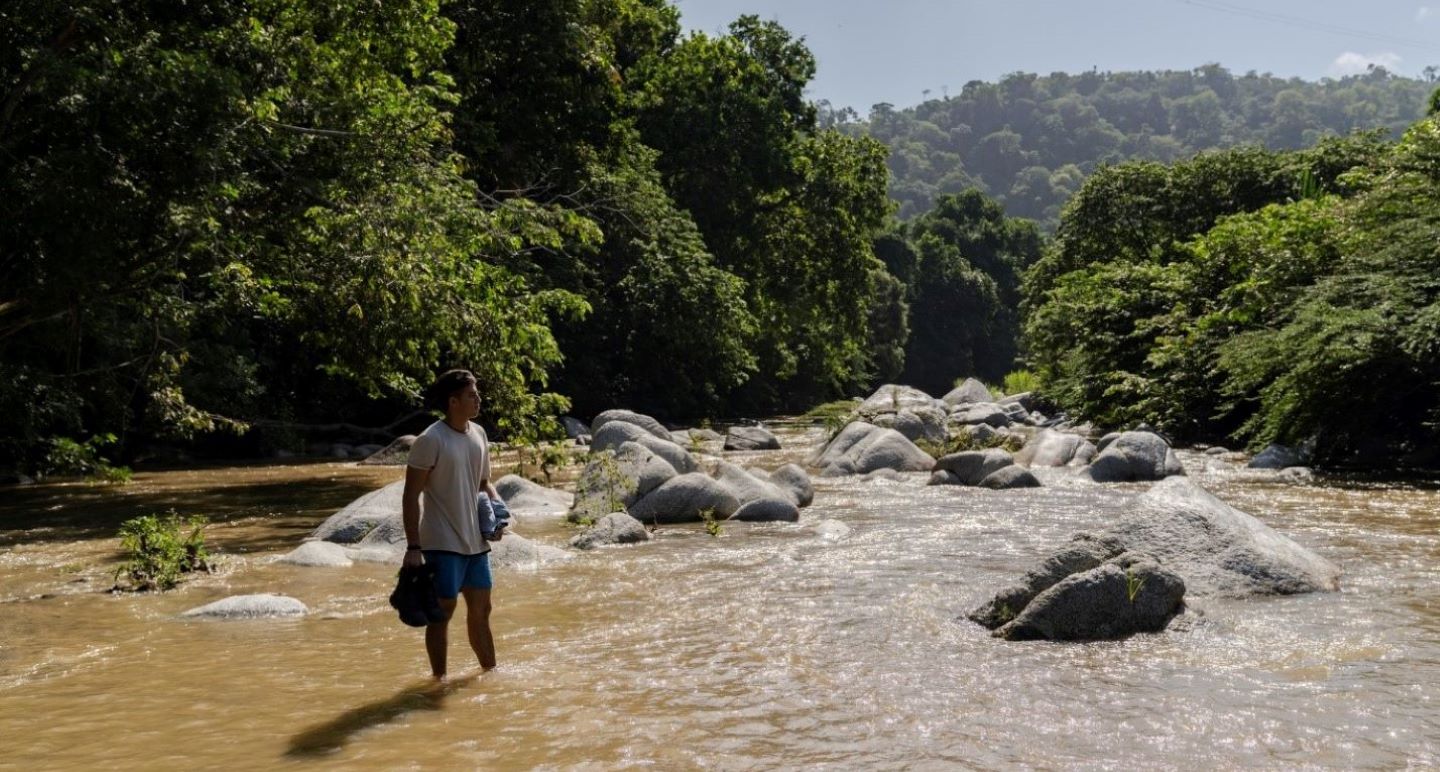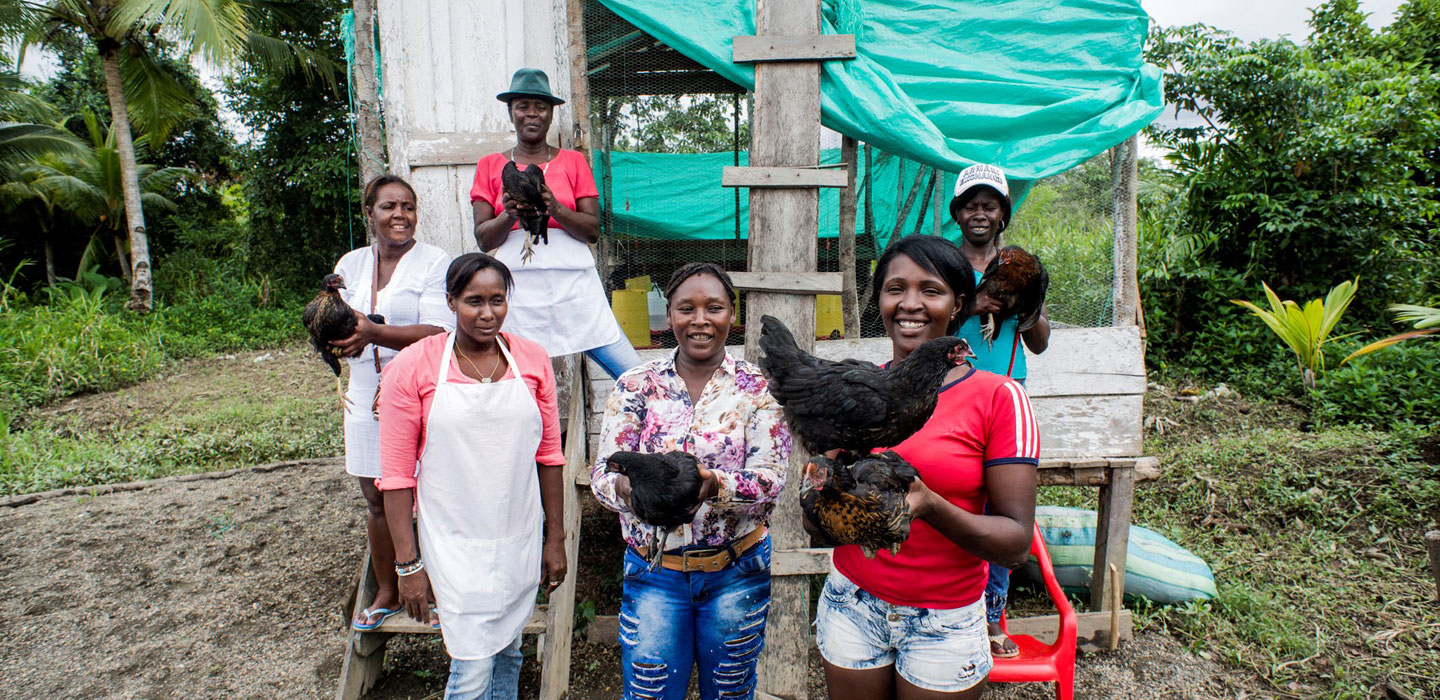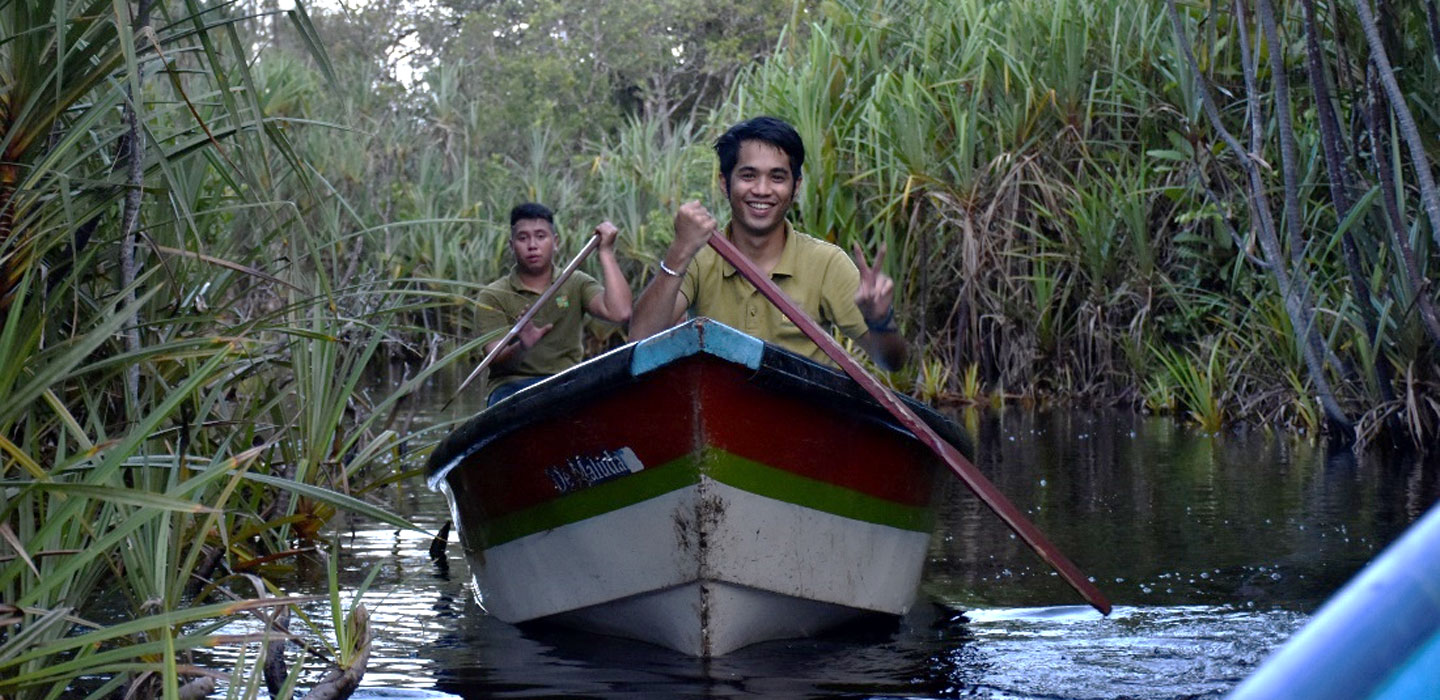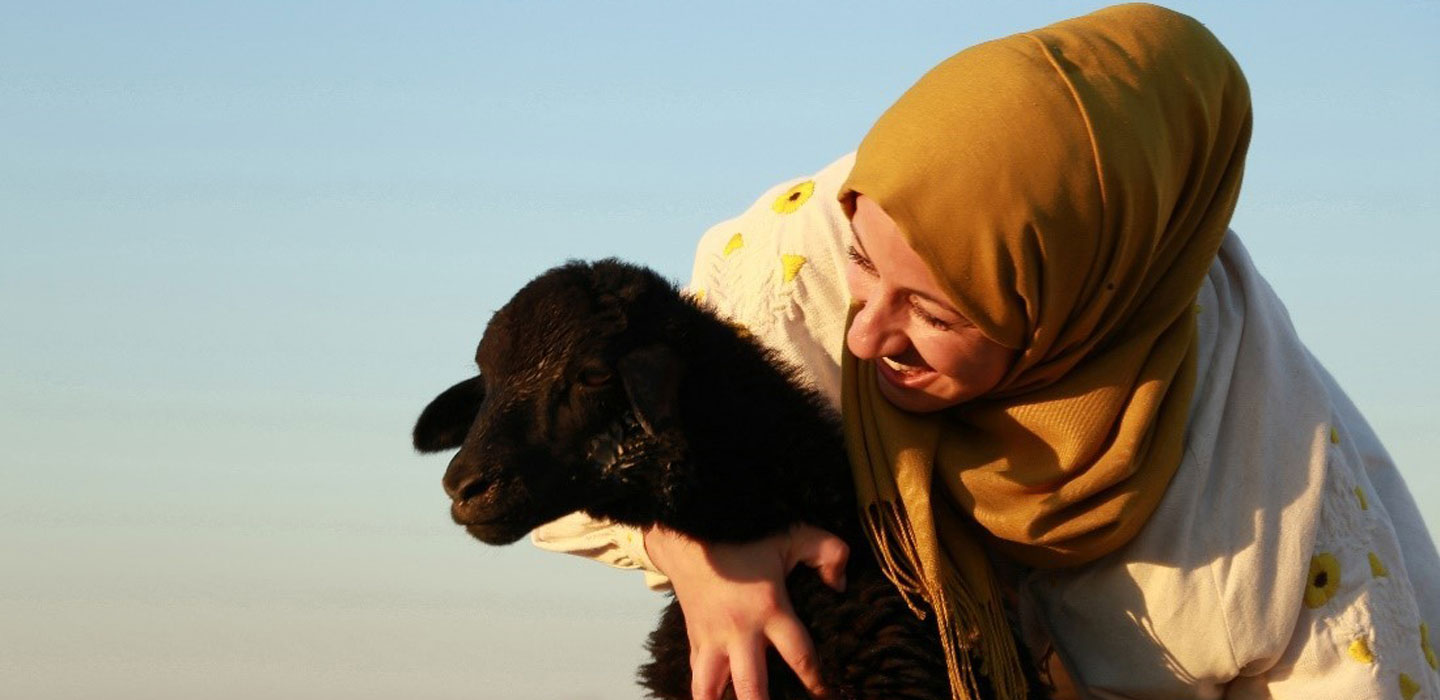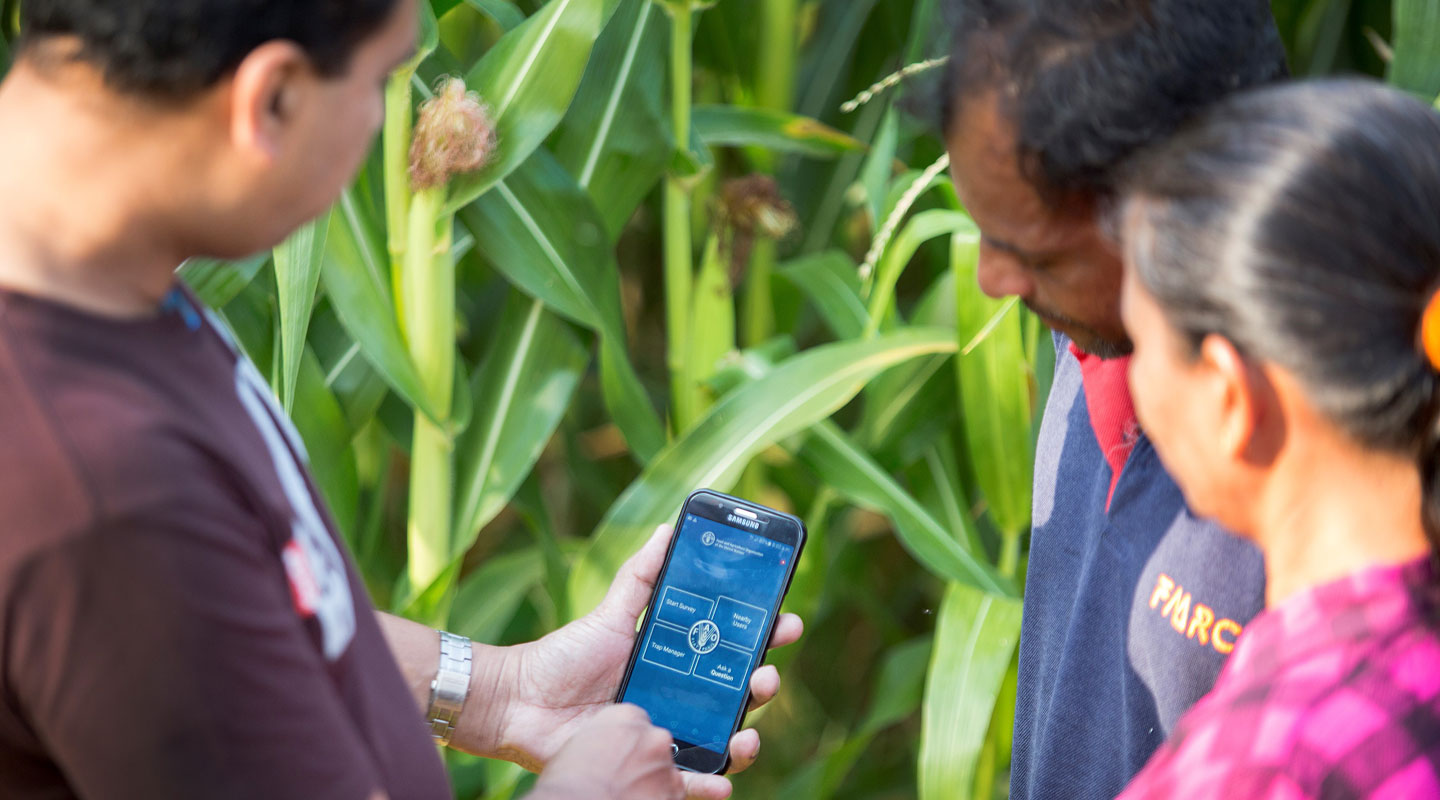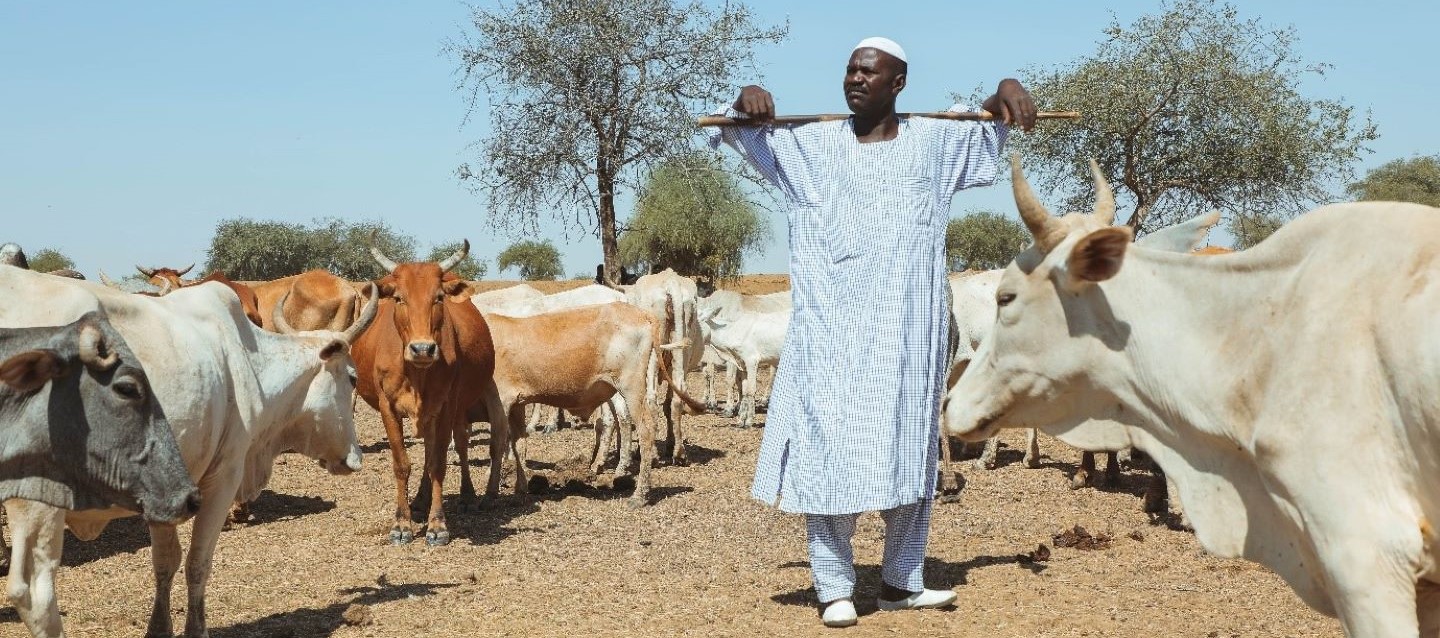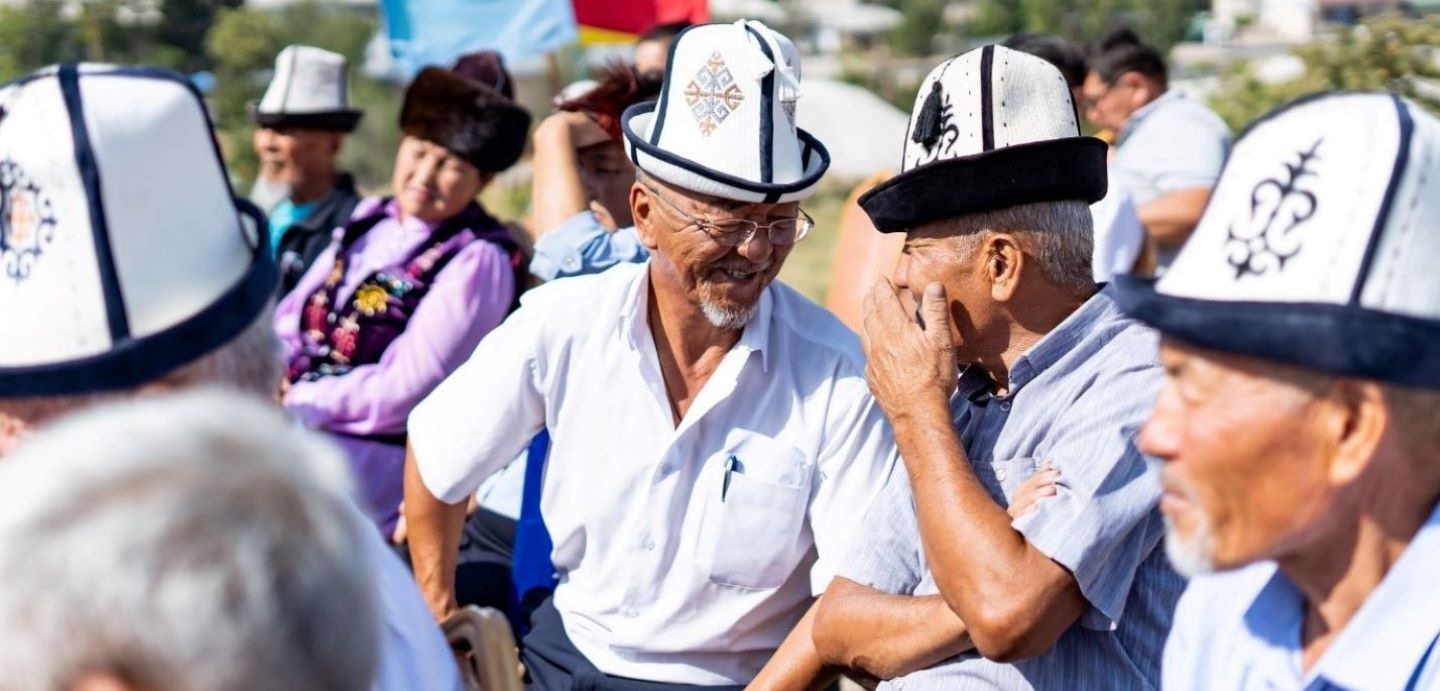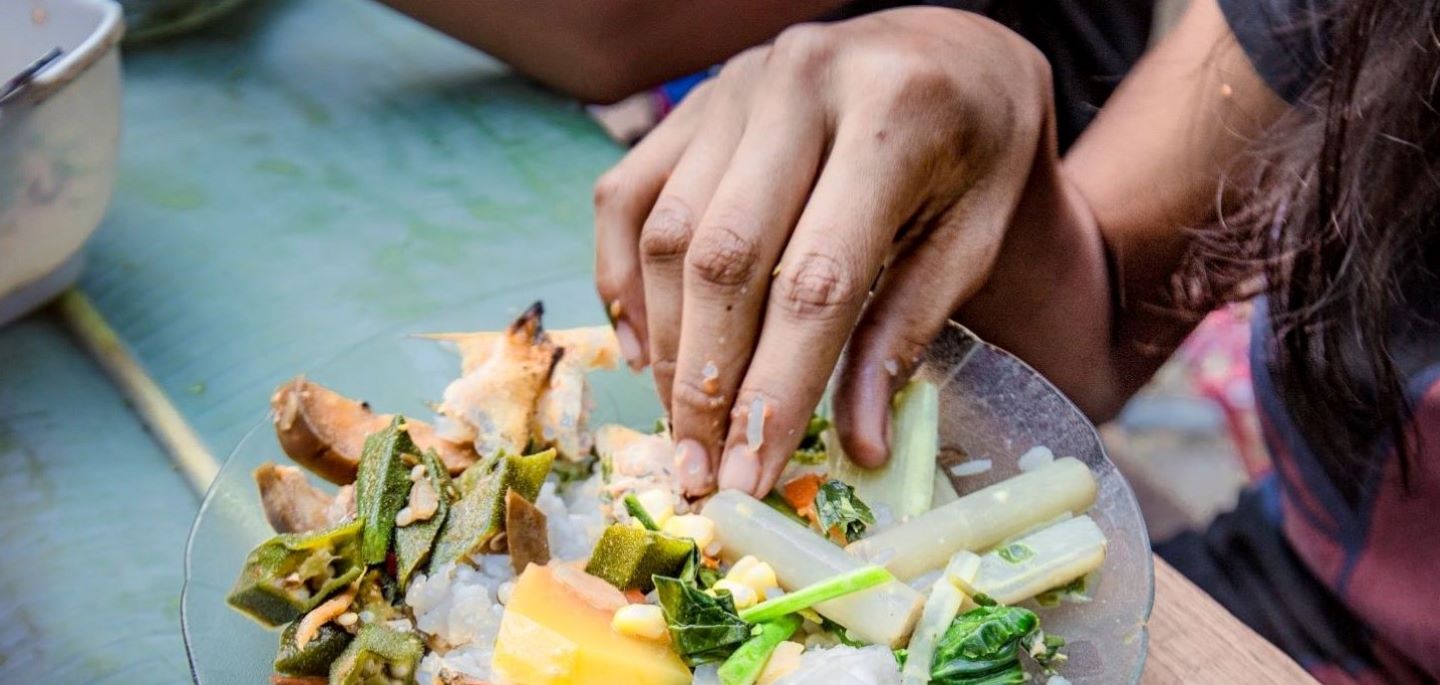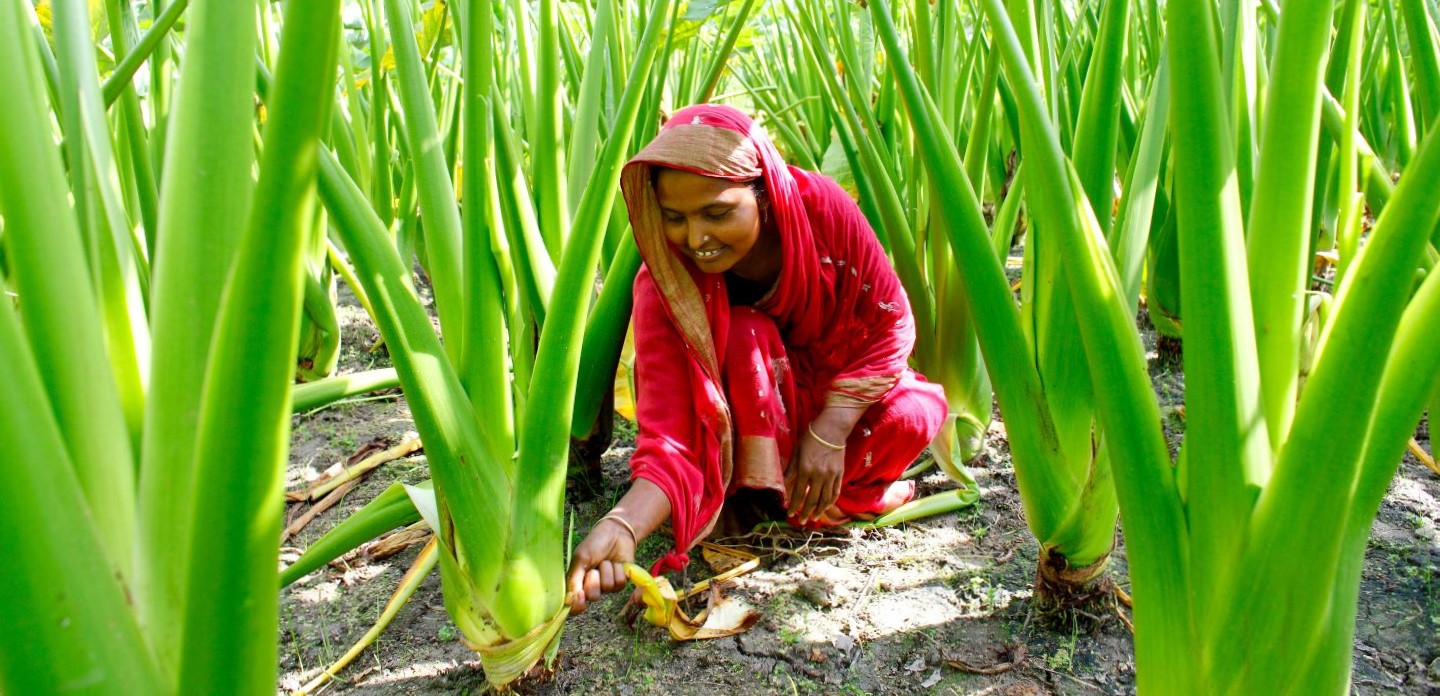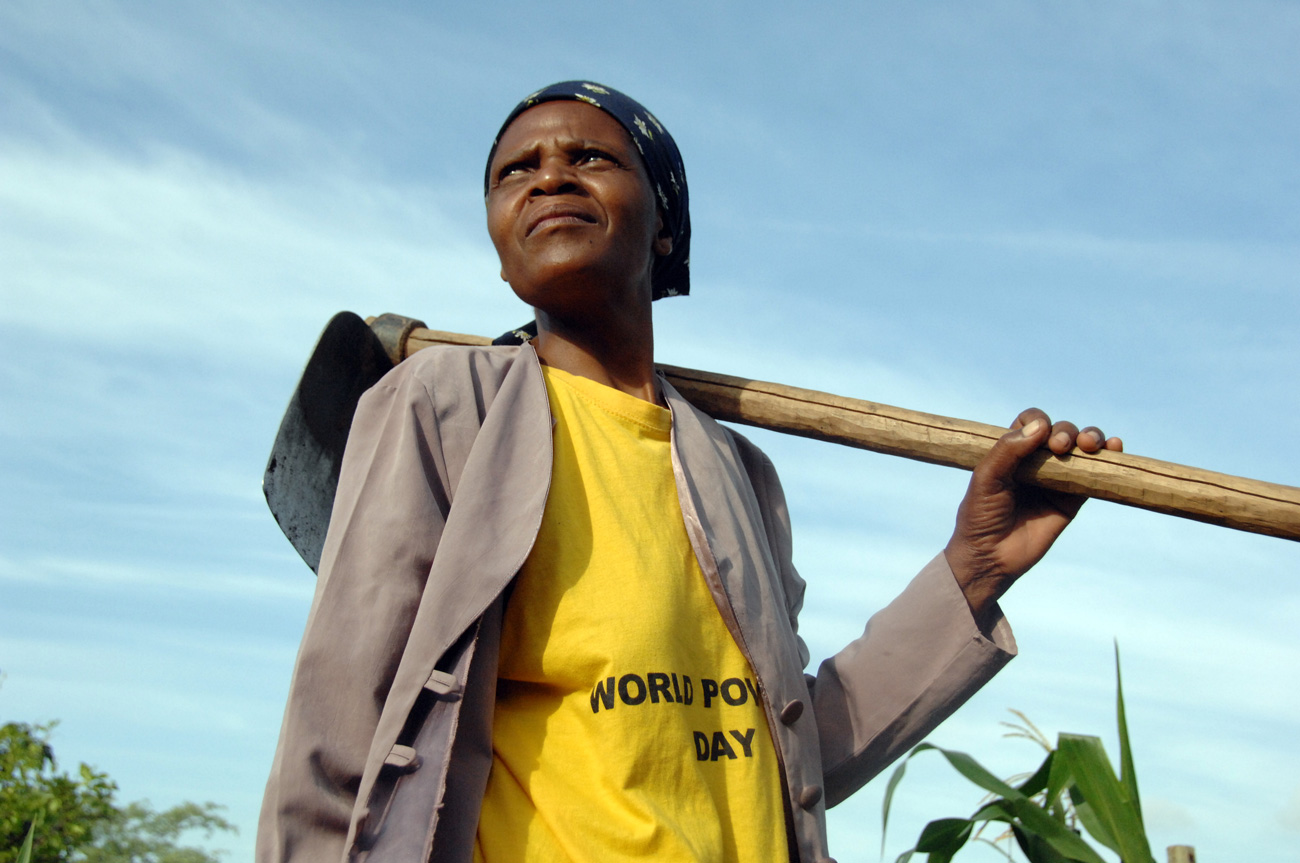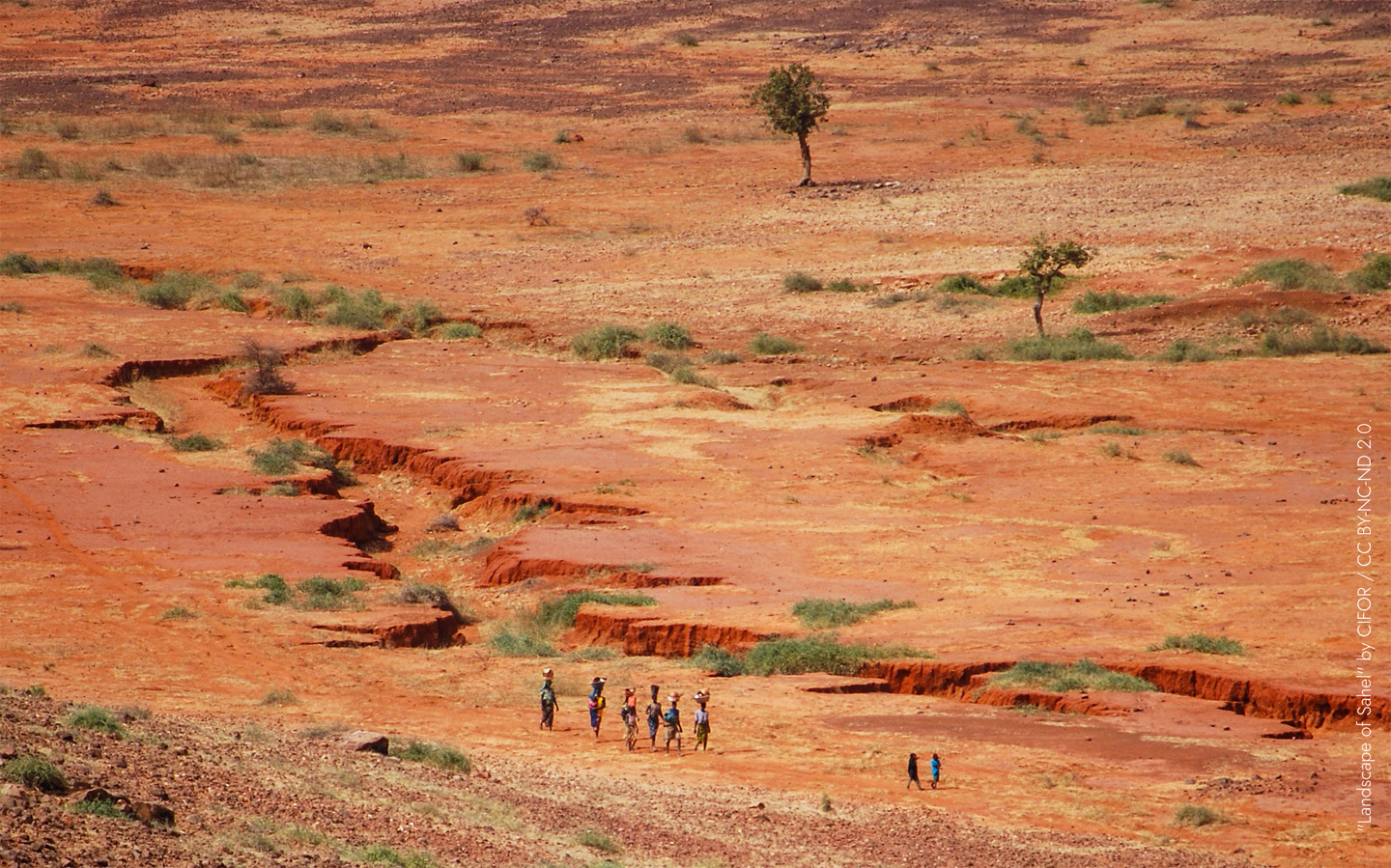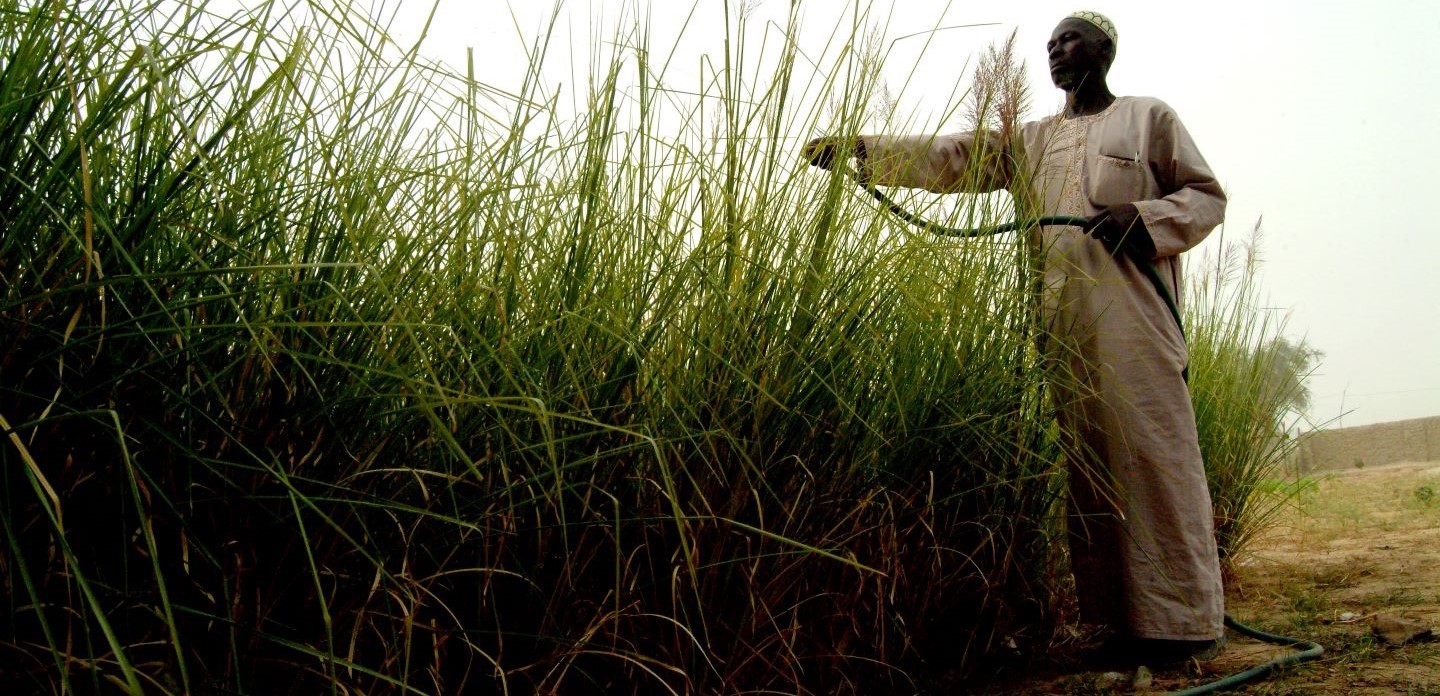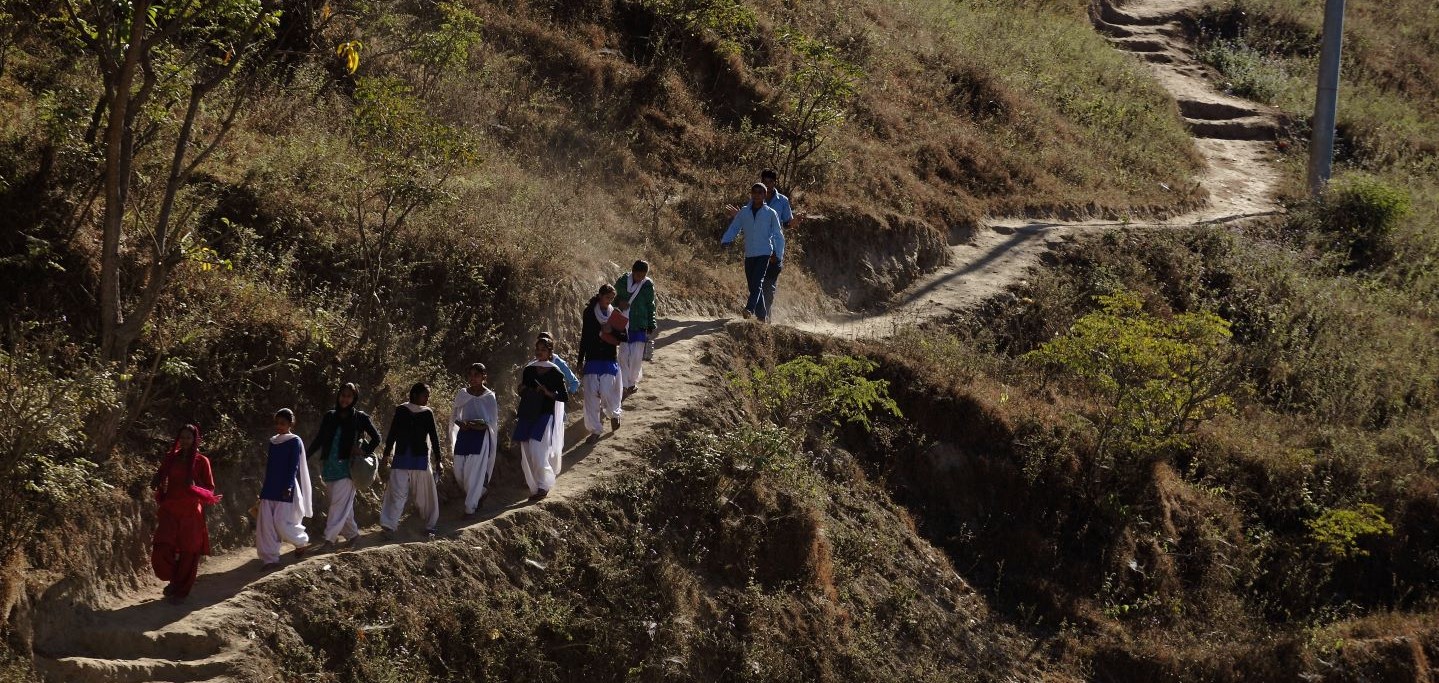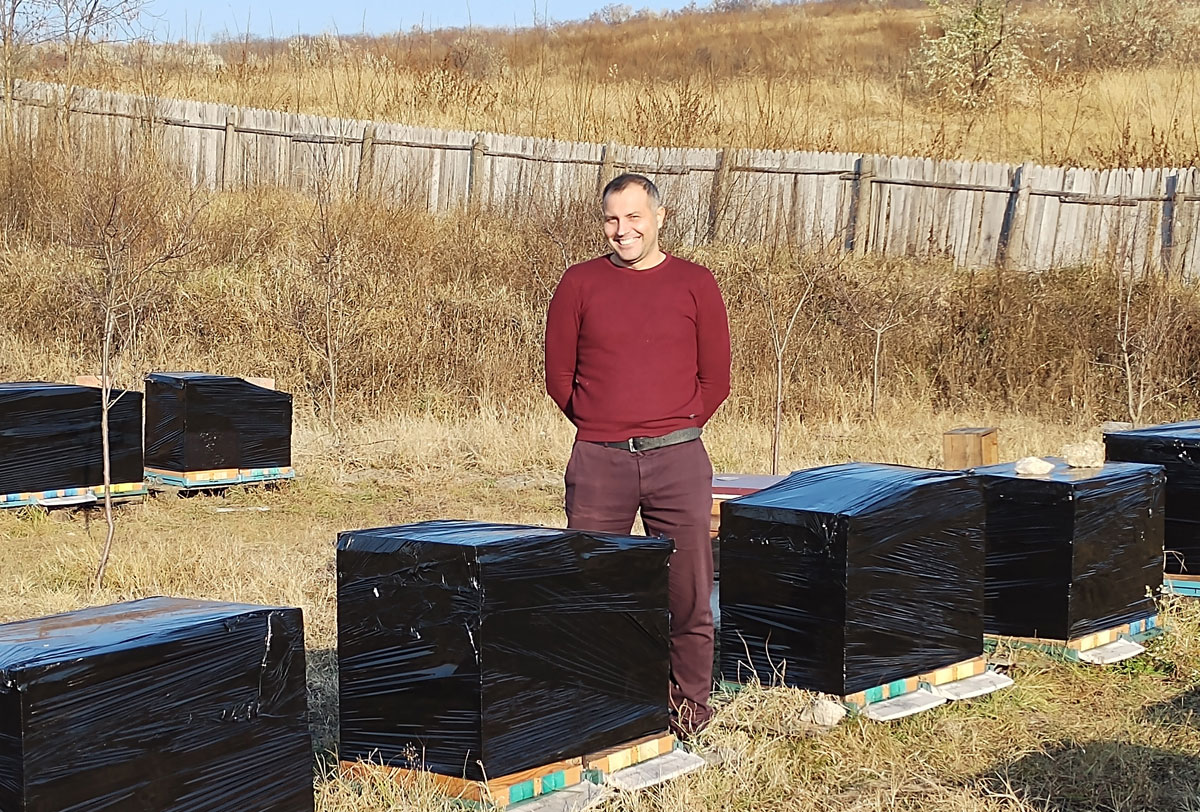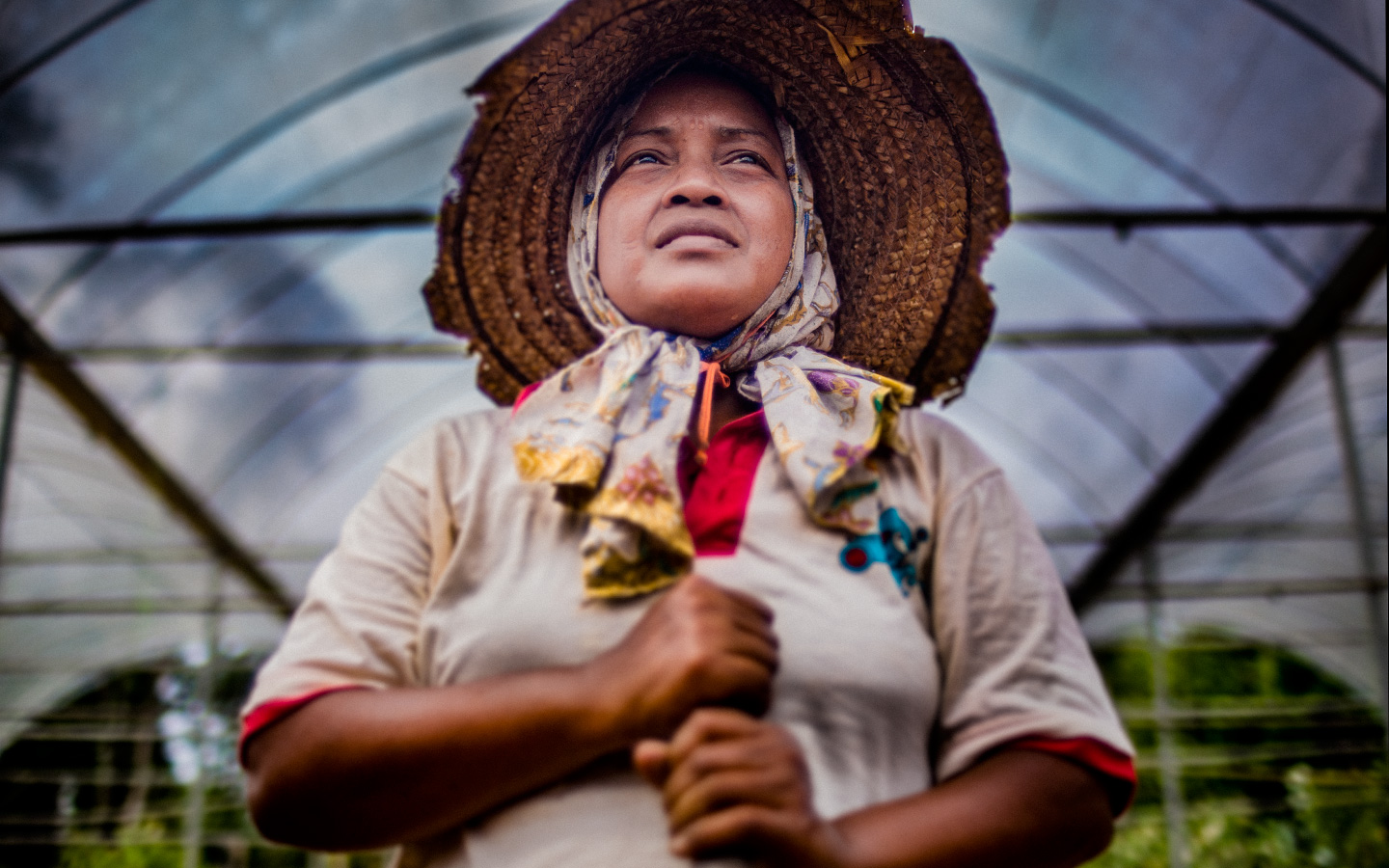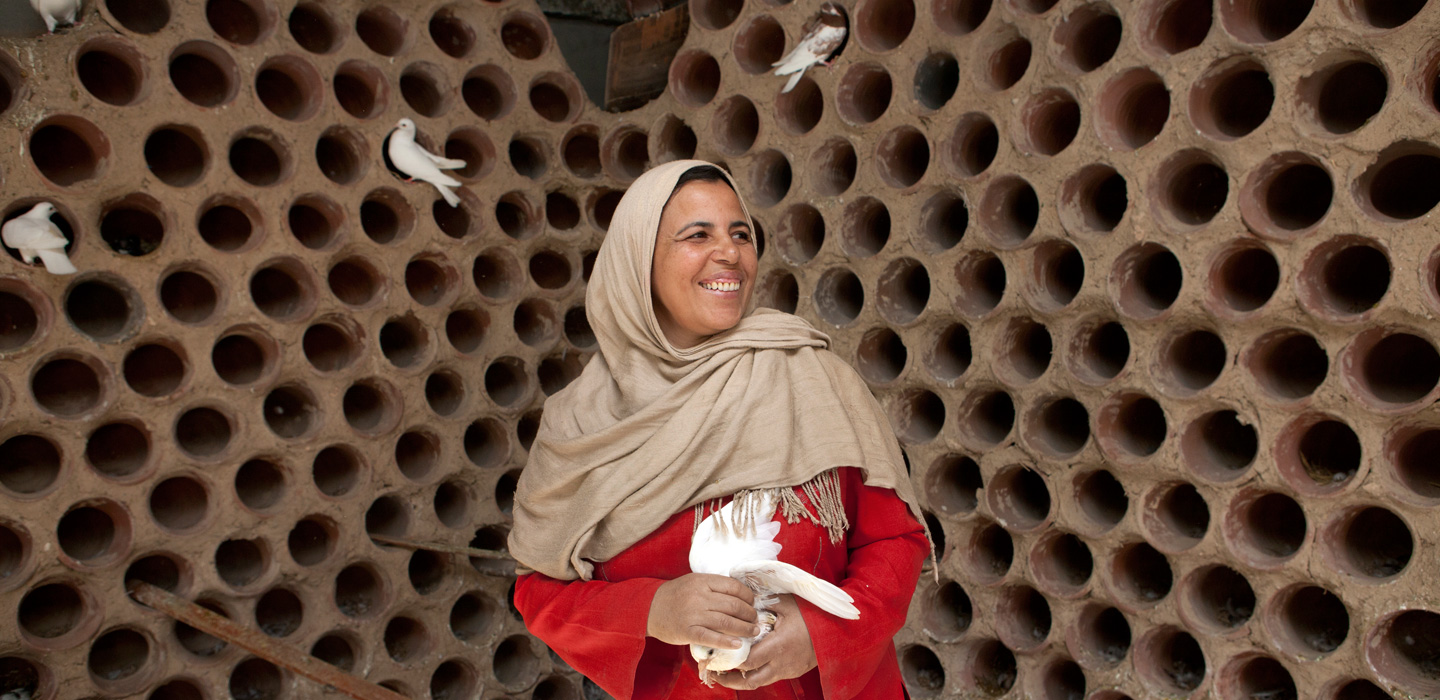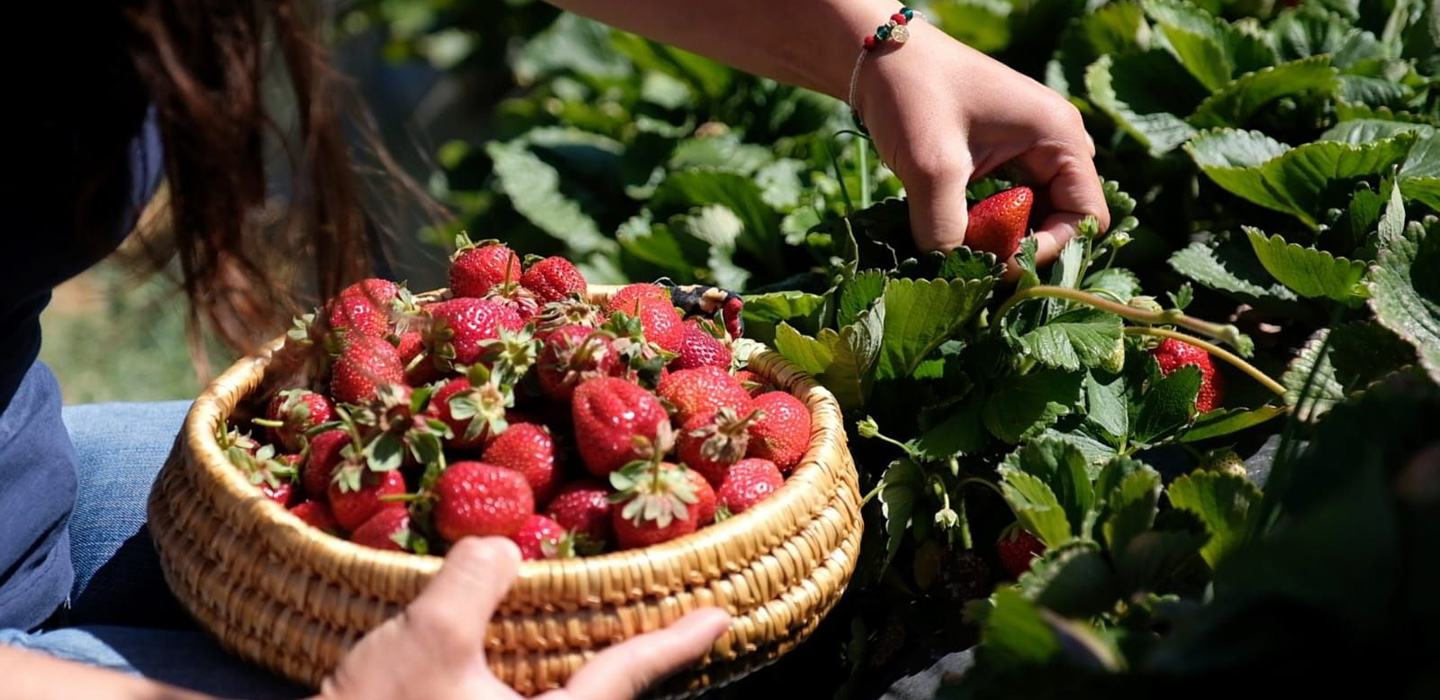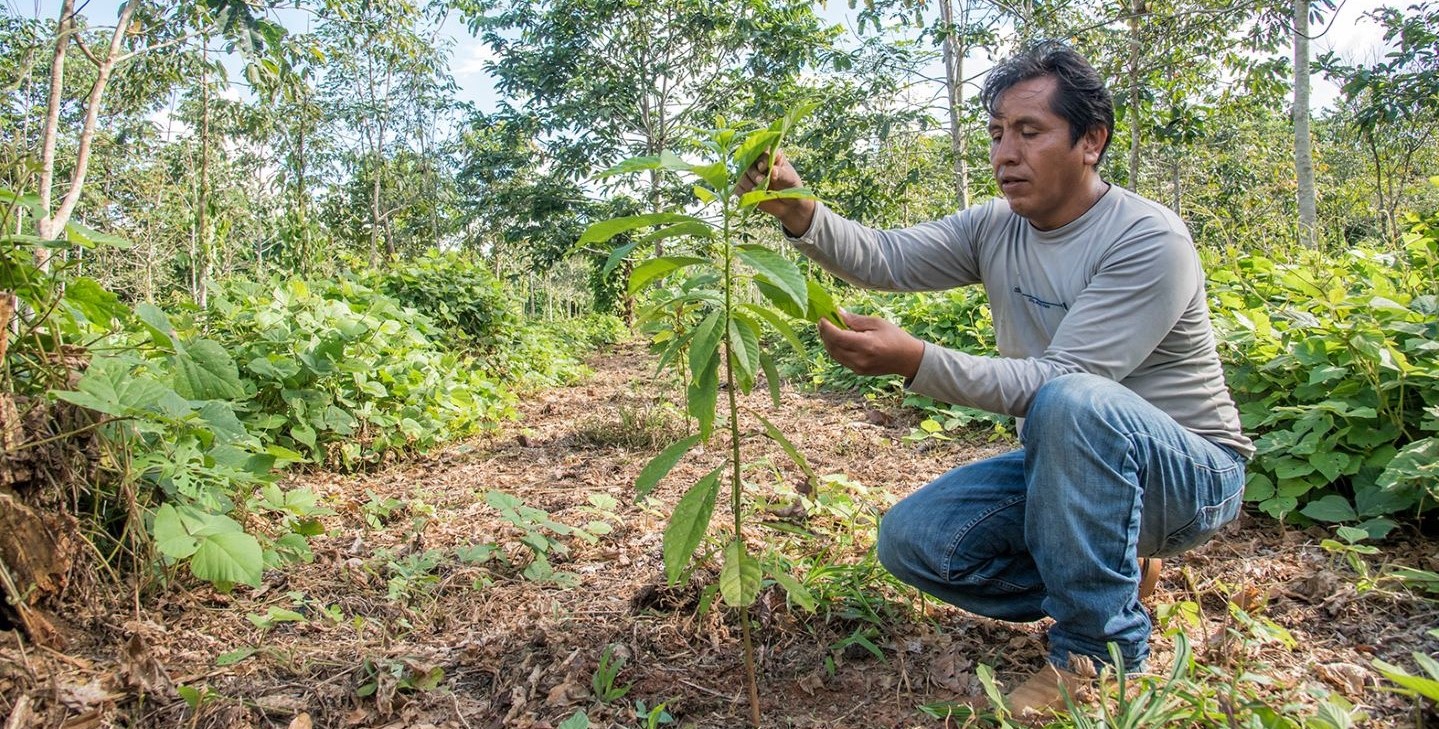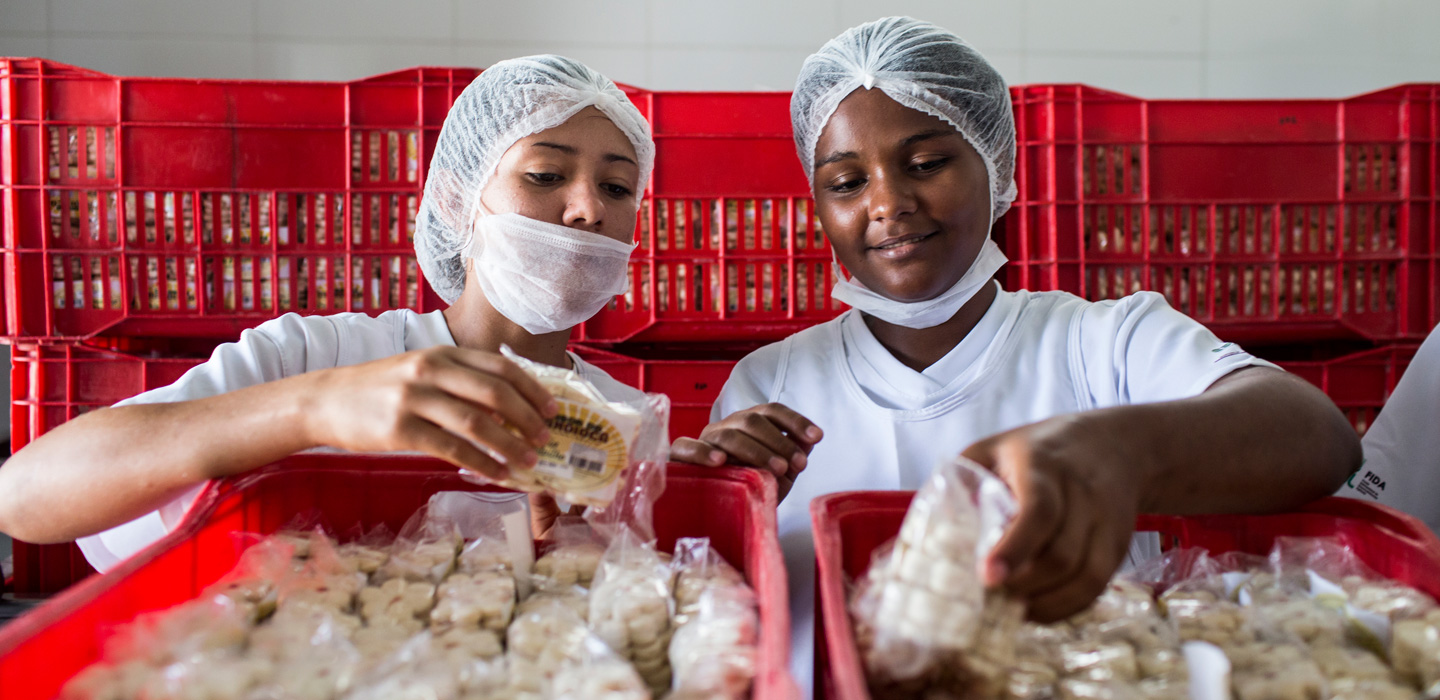Latest
Latest

Latest
Manual Submenu Topics
Search Results Filters
Search Results
See how water and peace go hand in hand
Peace and water are inextricably intertwined. That’s why sustainable rural development can help reduce conflict in communities – and why water is often the crucial element that can make the difference.
Prosperity or the planet? Luckily, they're not mutually exclusive
All too often, value chain development harms the planet by emitting carbon and degrading environments. That’s why to build truly prosperous rural areas, we must make value chains not just strong, but sustainable.
The wonderful power of wetlands
Wetlands are closely linked with our wellbeing – they protect against erosion, improve water quality, and host a vast range of species. Let’s visit some of these precious ecosystems and meet the rural people protecting them.
With the right resources, rural women can change the world
When rural women access finance, the entire world flourishes. Find out how financially empowered women are leading the fight against climate change, achieving sustainable development and ensuring food security for their communities and the planet.
Innovation matters, especially for small-scale farmers
IFAD applies the latest tools and technologies to support small-scale farmers. Here are six examples of innovations proven to work for rural communities all over the world.
Rural people in Sudan call time on water wars
As the climate crisis takes hold and water scarcity sparks conflict, rural people in Sudan are finding ways toward peace and equitable resource management.
Georgia and Kyrgyzstan: sustained efforts toward collective community pasture management
Pastoral communities in Georgia and Kyrgyzstan work hand in hand with IFAD to make land use more equitable, productive and sustainable.
A tale of two towns in Tajikistan
In Tajikistan two neighbouring towns face different fates as one suffers the aftermath of drought and displacement and the other is saved by irrigation.
You are what you eat: Indigenous youths breathe new life into ancient traditions
Young members of indigenous communities are working to reverse centuries of dispossession and preserve their way of life, including their food heritage.
How farmers around the world are protecting nature’s delicate balance – and reaping the rewards
Healthy ecosystems are diverse ecosystems. And at IFAD, we believe that small-scale farmers are amongst the greatest stewards and beneficiaries of biodiversity.
As COP15 tackles desertification, here are three ways IFAD is helping farmers in sub-Saharan Africa build their resilience to climate change
Sub-Saharan Africa’s drylands – that is, the areas where more water is lost through evaporation than gained through rainfall – are facing widespread degradation. There are many factors causing this, but one of the most prominent is the use of agricultural practices that aren’t adapted to the land, such as overgrazing and intensive agriculture.
The thin green line that’s holding back the Sahara desert
The Great Green Wall was envisioned as a line of trees stretching across Africa to protect against desertification. Today, it is a mosaic of farms, forests, and wilderness, where sustainable agriculture is the norm and rural-dwellers thrive.
These numbers show that restoring drylands and preventing desertification is good for the planet – and good for us
From California to the Sahel, from the steppes of Central Asia to the Andes, drylands are some of the most productive ecosystems in the world. But they’re also some of the most fragile.
Communities use GIS maps to conserve forests and adapt to climate change
Making the right decisions about managing natural resources isn’t always easy. That’s especially true for watersheds, where the local ecosystem depends on the health of multiple waterways. Now, GIS technology is helping communities in rural Nepal monitor and preserve the forests fed by local watersheds.
In Moldova, shelter belt forests build rural livelihoods and protect against climate change impacts
Forests are an excellent buffer against the effects of climate change. They’re also home to a variety of native plant and animal species that can foster resilient, sustainable local economies.
Why rural women need land rights: A conversation with Steven Jonckheere
This International Women’s Day, we sat down with Steven Jonckheere, IFAD’s Senior Technical Specialist on Gender and Social Inclusion, for a conversation on why women’s land rights matter – and what IFAD is doing about it.
These numbers prove that rural women are crucial for a better future. But they're not getting what they need to succeed
Despite being largely responsible for the food on our farms and on our tables, women don’t have access to the same resources as men. Without access to land, finance, training, inputs and equipment, women can’t produce effectively, achieve financial stability or food security, or grow their businesses.
In Turkey, strawberry farms bring opportunities for rural youth
Youth who grew up in the Taurus Mountains of Turkey have traditionally moved to the big cities to pursue their careers. But recently, thanks to an IFAD-supported project, the region’s farmers have begun growing strawberries. Highland strawberries are proving quite popular, driving the growth of a new regional value chain – and bringing the region’s youth back to the countryside to take part.
A green new hope for degraded soils
Over half the world’s arable land is already degraded, and this number is growing at a rate of 23 hectares per minute. But with the support of an IFAD-funded project – along with an unlikely ally – farmers in Bolivia’s Pando region are restoring the land in record time.
Fixing our food systems means getting the fundamentals right
The term “food systems” encompasses a huge variety of activities and issues. To make sure we’re all starting from the same place, let’s focus on the fundamentals: the land, and how to treat it well.
